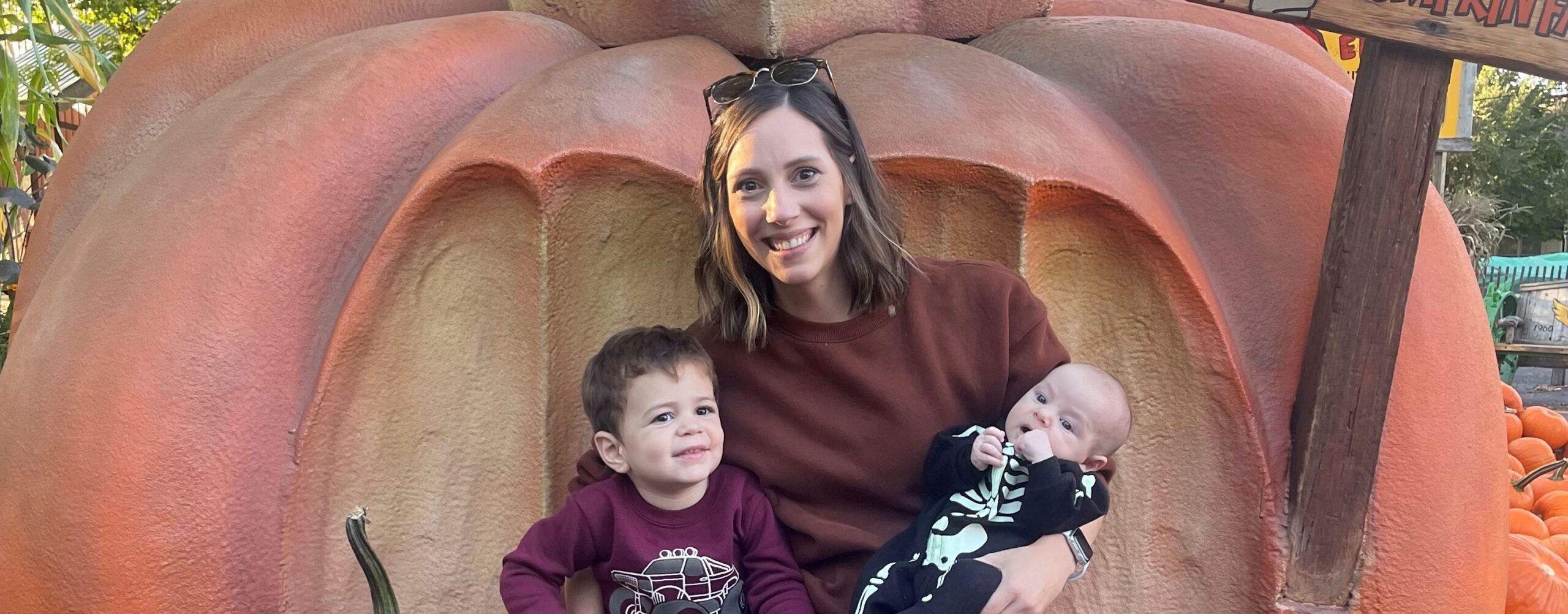Loneliness, have you felt it before, that unsettling feeling deep in your core?
It is said you can feel lonely even among a room full of people and even in a relationship with your ‘closest’ companion. While many of us are surrounded by others most of the time, loneliness, ironically, is felt by a wide range of people on a regular basis. Phew, you’re not alone! (Pun intended.)
Furthermore, studies show with the advancement of technology loneliness is a growing epidemic as we connect more to our phones rather than each other. However, loneliness isn’t about not having others around you, it’s a mental and emotional state of being or feeling unconnected intimately with others. Loneliness causes you to feel empty, alone, uncared about, unworthy and/or inadequate. Often times, this also renders us to feel pessimistic about finding the connection we’re needing in the future. Woof, that’s some heavy sh*t.
Plus, here’s something you may not know, research by Dr. Julianne Holt-Lunstad and others show that loneliness is not just hazardous to one’s psychological wellness but it’s also as risky to one’s health as smoking or obesity!
Factors that contribute to loneliness including physical isolation, a new job or city, a breakup or divorce, bereavement (loved one or pet), rejection, or it can be the side effect of low self-esteem or depression. But, there is no single common cause for loneliness. So understanding what your loneliness is about and where it’s coming from requires you to take a closer look, ask yourself hard questions and self-reflect.
It’s important to know that it’s not about the quantity of social interactions that protect you from loneliness but the quality. Having 2 or 3 people that you can confide in, connect with and lean on may be enough to aid against lonely feelings.
So what should you do to combat loneliness, here are some tips to help get you through:
- Recognize that loneliness is a sign that something needs to change. It’s your job to figure out what. Do you avoid getting to know others on a deeper level? Do you fear rejection? Do you push others away? Do you not reach out when you need support for fear of burdening others? Are you trying to connect with the wrong people? Once you figure out some of the deeper questions, create a plan to work through the difficulties. Sometimes a counselor may be helpful for this.
- Find the motivation to change by considering how loneliness impacts your life, mentally, physically and emotionally.
- Log off of your social media and instead of using text nurture your social network by using Facetime or try to meet others in person.
- Foster new relationships. If you don’t have individuals to meet in person with, try not to let your thoughts be pessimistic about the future. Consider engaging in community service, using Bumble’s Best Friend app, join a pet sitting or dog walking service, using Meetup.com, or join another activity in an attempt to meet new people.
- Fight the urge to isolate. This can validate feelings of unworthiness, emptiness or fears that things may not change.
- Learn to differentiate the feeling of loneliness from alone time. Having alone time is important to cultivate a relationship with yourself and offers peace, relaxation, and freedom.
- Acceptance. We all experience lonely feelings sometimes, it’s a natural and normal emotion to experience. It may come and go just as other emotions do. However, if you’re experiencing more chronic feelings of loneliness please seek help from a mental health professional.



